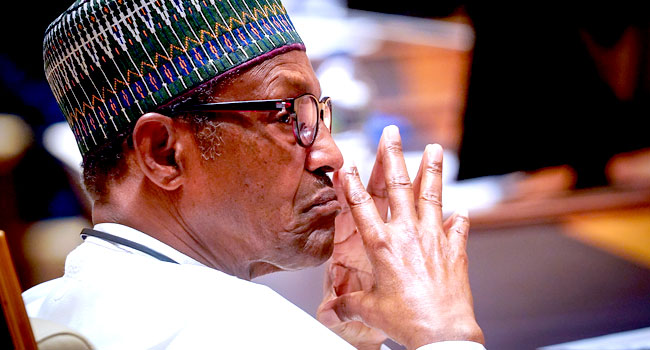By Ishaya Ibrahim
Nigeria loses 32 basis points in the annual democracy ranking of the Economist Intelligence Unit, a report that analyses global democracies and how each of the 165 countries surveyed fared in 2019.
Although Nigeria moved up the ladder from being in the bracket of the worst 12 democracies in the world to among the last 58, its average performance score, however, declined from 4.44 points in 2018 to 4.12 points in 2019.
The reason for the upward movement of Nigeria on the ranking table was because many more countries performed poorly in 2019.
“In the 2019 Democracy Index, the average global score for democracy fell from 5.48 in 2018 to 5.44 (on a scale of 0-10). This is the worst average global score since the index was first produced in 2006.
“The 2019 result is even worse than that recorded in 2010, in the wake of the global economic and financial crisis, when the average global score fell to 5.46,” the report stated.
Countries are graded on their respect for civil liberties, entrenched Political culture, political participation, the functioning of government and electoral process and pluralism.
In the 2019 ranking, Norway came out top, with a score of 9.87, while North Korea takes the bottom position as an absolute authoritarian state with a score of 1.08.
In Sub Saharan Africa, Nigeria was ranked 20 while Mauritius occupied the first spot with an average score of 8.22.
The Democratic Republic of Congo occupied the last spot in the continent.
The index values are used to place countries within one of four types of regime: Full democracies: scores greater than 8.
Flawed democracies: scores greater than 6, and less than or equal to 8.
Hybrid regimes: scores greater than 4, and less than or equal to 6.
Authoritarian regimes: scores less than or equal to 4.
According to the report, Nigeria is a hybrid regime since its score is 4.12.
The features of a hybrid regime includes; elections have substantial irregularities that often prevent them from being both free and fair, government pressure on opposition parties and candidates may be common, serious weaknesses are more prevalent than in flawed democracies—in political culture, functioning of government and political participation.
It also means that corruption tends to be widespread and the rule of law is weak, while civil society is weak and typically, there is harassment of and pressure on journalists, and the judiciary is not independent.













